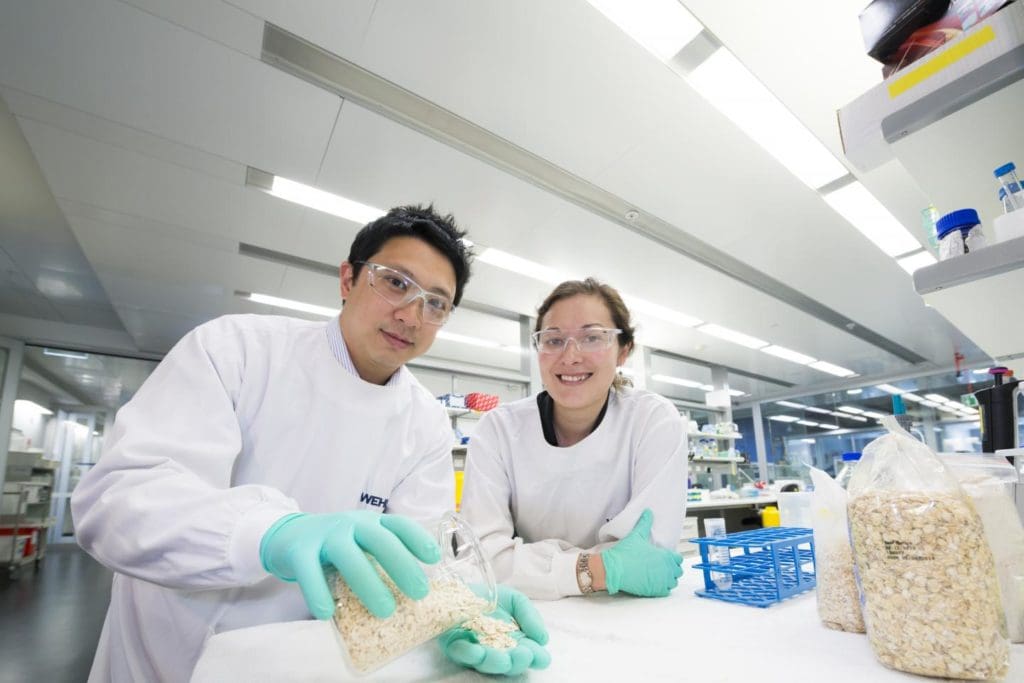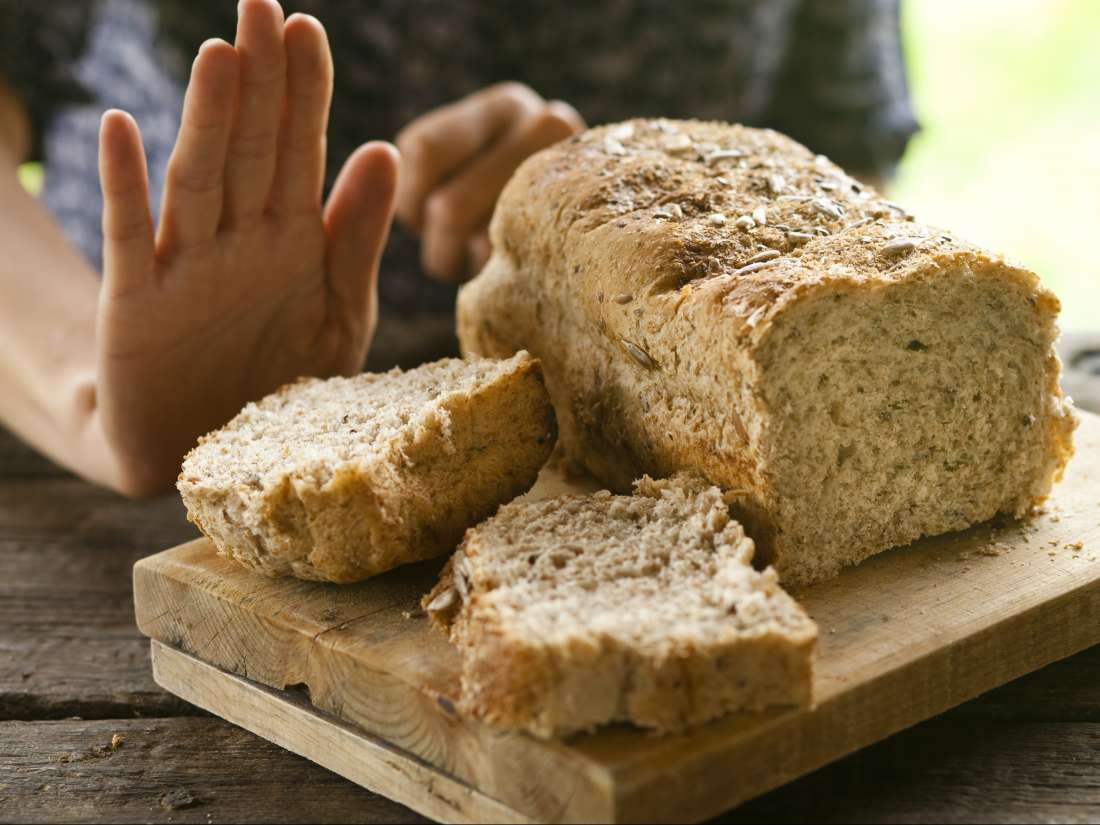The disorder, which now affects 1% of the population, may have its years numbered. A vaccine against celiac disease can solve the problem.
Not just the promising tests on the colorectal cancer vaccine, or those on "contagious" vaccines which also extend coverage to subjects other than the vaccinated one: recent advances in the field of vaccine research also include the development of a celiac disease medication which solves all problems related to the ingestion of gluten.
The treatment, called Nexvax2 and developed by the biotech company ImmusanT, is a type of immunotherapy that the developers say aims to reprogram the immune system to make it tolerant to gluten.
Celiac disease: a bad customer
Gluten, the protein found in wheat, barley and rye, causes negative reactions in more and more people by damaging the intestine. The estimate has now risen to one celiac for every 100 inhabitants.
Currently the only remedy against celiac disease is to avoid foods containing gluten. This has led to the growth in popularity of an entire market based on gluten-free products. Yet diets of this type continue to be neither convenient nor economical, and still present many risks of accidental exposure.
Nexvax2 works not unlike that of antiallergic therapies. The treatment involves two injections per week for a period of 16 weeks, and is based on molecules called peptides, capable of stimulating an immune response in the patient who ends up tolerating gluten.
The vaccine is designed for patients with a particular immune system gene called HLA-DQ2.5 present in 90% of cases. The first tests aimed to demonstrate his safety and good patient tolerance.
The next phase of Nexvax2 will involve around 150 patients and will also aim to evaluate the precise efficacy of the treatment.
“This new phase is important to establish the best efficacy of a vaccine compared to a mere gluten-free diet,” says Jason Tye Din, head of the celiac disease research sector ofHall Institute of Medical Research in Australia.

As reported by the portal ClinicalTrials.govImmusanT is asking for the collaboration of volunteer patients in America, Australia and New Zealand. For them the prospect of an economic contribution, of healing from celiac disease and finally a nice sandwich as it should be.


